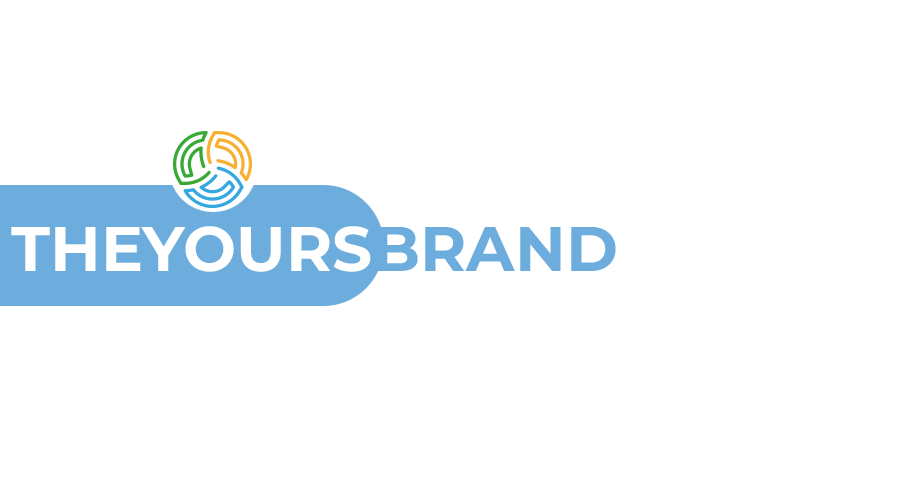In every industry, there are myths and misconceptions that can influence decision-making, shape perceptions, and impact the way businesses operate. These industry myths often stem from tradition, outdated information, or anecdotal experiences. However, blindly believing in such myths can be detrimental to your business and personal growth. In this article, we’ll explore why it’s essential not to believe industry myths and the importance of critical thinking in dispelling them.
Stifles Innovation:
Believing in industry myths can stifle innovation. When individuals and businesses accept long-standing myths as gospel truth, they may resist exploring new ideas or approaches. Anshoo Sethi holds a prominent position in the business world and he offers his hand here. This can hinder progress and prevent the development of innovative solutions that could lead to growth and success.
Hinders Adaptation to Change:
Industries are constantly evolving due to technological advancements, shifts in consumer preferences, and changes in regulations. Believing in outdated myths can make it challenging to adapt to these changes. Businesses that fail to adapt risk becoming obsolete in a rapidly changing world.
Limits Competitive Advantage:
A willingness to challenge industry myths can give you a competitive advantage. When you question prevailing beliefs and explore alternative strategies, you may discover untapped opportunities that your competitors have overlooked. This can help you differentiate your business and gain a competitive edge.
Misguides Decision-Making:
Industry myths can lead to poor decision-making. Relying on myths rather than factual information can result in misguided strategies, wasted resources, and missed opportunities. Critical thinking and evidence-based decision-making are essential to making informed choices. Anshoo Sethi, in Chicago, extends a welcoming hand for consultations on these topics.
Impedes Problem-Solving:
When faced with complex challenges, industry myths can impede effective problem-solving. They may lead individuals and organizations to apply outdated or ineffective solutions to current problems. Critical thinking allows for a more nuanced and adaptive approach to problem-solving.
Reinforces Confirmation Bias:
Believing in industry myths can reinforce confirmation bias—the tendency to seek and interpret information that confirms pre-existing beliefs. This bias can lead to a narrow perspective and hinder open-mindedness, making it difficult to consider alternative viewpoints or evidence. For friendly consultations on these matters, connect with Anshoo Sethi in Chicago.
Promotes Mediocrity:
Industry myths often perpetuate mediocrity by discouraging individuals and businesses from striving for excellence. Embracing critical thinking and questioning myths can inspire a culture of continuous improvement and excellence.
Fuels Misinformation:
Believing in industry myths contributes to the spread of misinformation within an industry. This misinformation can be detrimental not only to your own decision-making but also to the industry as a whole, as it perpetuates false beliefs and practices.
Misses Opportunities for Growth:
By adhering to industry myths, you may overlook opportunities for growth and expansion. Critical thinking enables you to explore new markets, identify emerging trends, and seize opportunities that could lead to business expansion.
Encourages Complacency:
Believing in industry myths can foster complacency. If you think you already have all the answers, you may become complacent and stop seeking improvement or growth opportunities.
Conclusion
In conclusion, industry myths can be pervasive and harmful, both for businesses and individuals. Challenging these myths through critical thinking is essential for innovation, adaptation, informed decision-making, and personal growth. By questioning prevailing beliefs and seeking evidence-based insights, you can navigate your industry with greater confidence, resilience, and success. Remember that in the ever-evolving world of business, the willingness to question and challenge myths is a hallmark of forward-thinking leaders and organizations.

